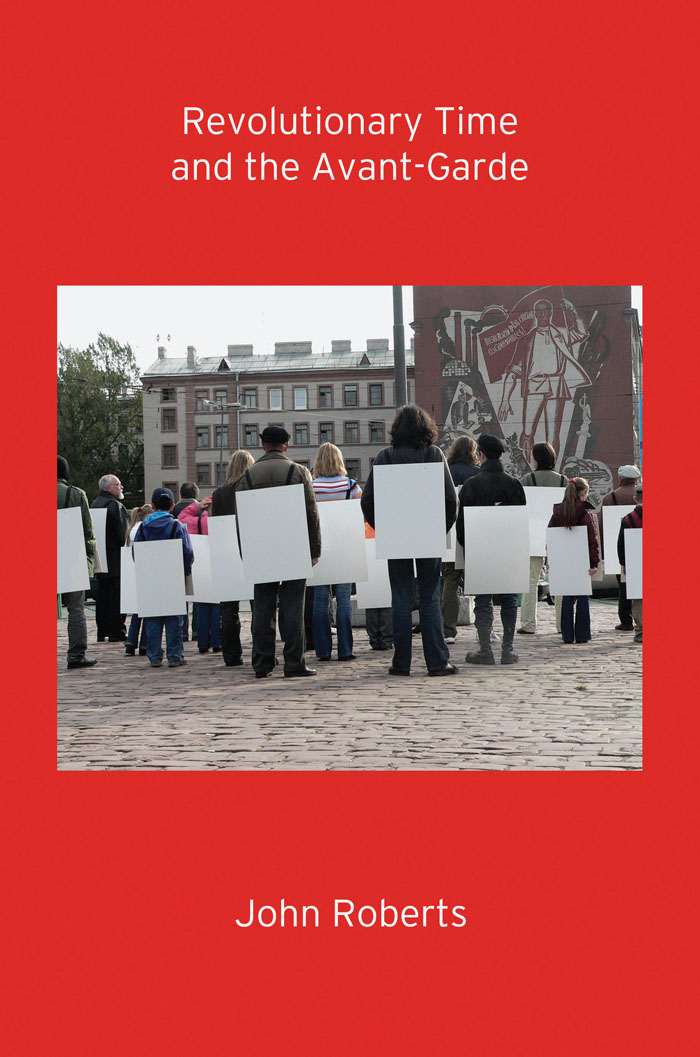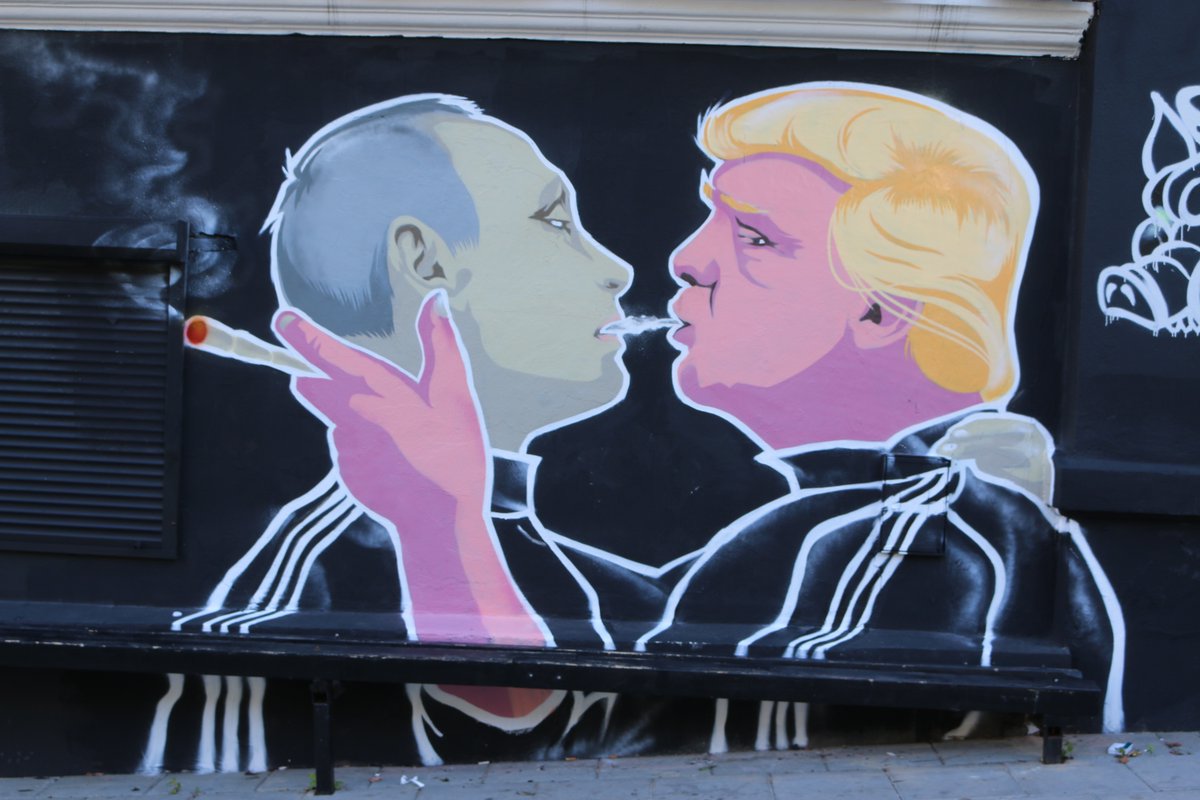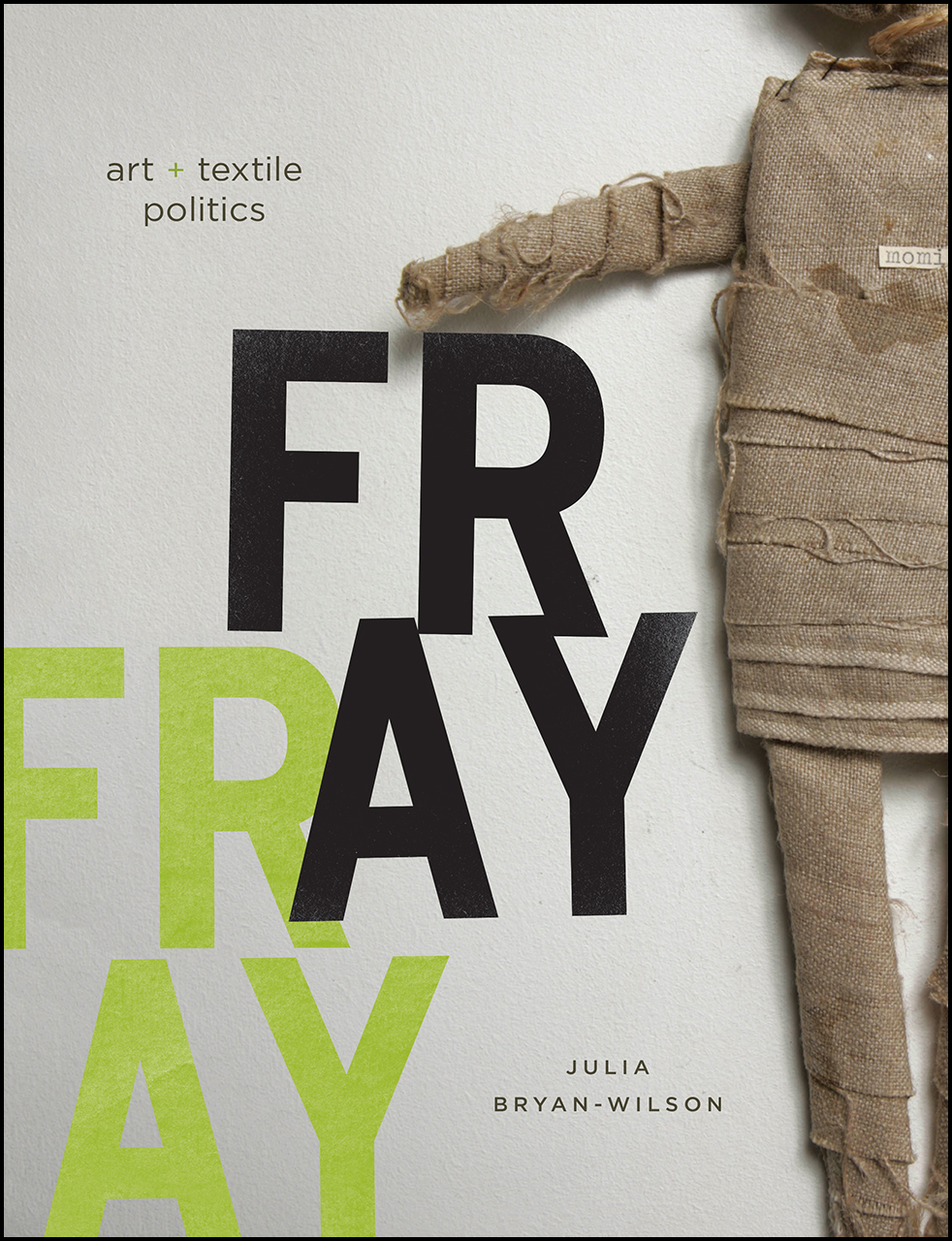John Roberts: Revolutionary Time and the Avant-Garde (2015)
Filed under book | Tags: · aesthetics, art, art history, autonomy, avant-garde, capitalism, conceptual art, immaterial labor, labour, modernism, negation, neo-avant-garde, philosophy, politics, praxis, theory

“Why the avant-garde of art needs to be rehabilitated today
Since the decidedly bleak beginning of the twenty-first century, art practice has become increasingly politicized. Yet few have put forward a sustained defence of this development. Revolutionary Time and the Avant-Garde is the first book to look at the legacy of the avant-garde in relation to the deepening crisis of contemporary capitalism.
An invigorating revitalization of the Frankfurt School legacy, Roberts’s book defines and validates the avant-garde idea with an erudite acuity, providing a refined conceptual set of tools to engage critically with the most advanced art theorists of our day, such as Hal Foster, Andrew Benjamin, Alain Badiou, Jacques Rancière, Paolo Virno, Claire Bishop, Michael Hardt, and Toni Negri.”
Publisher Verso, London, 2015
ISBN 9781781689134, 178168913X
xii+322 pages
Reviews: Noni Brynjolson (Field, 2015), Danica Radoshevich (Red Wedge, 2015), Kim Charnley (Platypus Review, 2016), Geoffrey Wildanger (LA Review of Books, 2016).
Comment (0)Cultural Anthropology: Lessons for Liberalism from the “Illiberal East” (2018)
Filed under journal | Tags: · anthropology, central europe, conspiracy, democracy, east-central europe, eastern europe, fake news, geopolitics, illiberalism, liberalism, politics, populism

“The cumulative effects of Brexit, the resurgence of populist politics in Europe, and the election of Donald Trump as president of the United States have given rise to the perception that Western liberal democracies are undergoing profound change, if not a bona fide crisis. Moreover, there is a sense that it is the political liberalism of the post–Cold War period—rather than its far less popular companion ideology of neoliberalism—that finds itself in disarray. As scholars and commentators rummage through their intellectual toolboxes for explanatory frameworks, many are turning to (post)socialist histories and experiences as heuristic devices for making sense of the upheavals in Western politics. In this Hot Spots series, we suggest that the postsocialist transition, as both discursive space and set of practices that attempted to make capitalists out of socialists and liberals out of totalitarians, renders the former socialist world a rich site for understanding the current shifts in the Western political landscape. We aim to make sense of this landscape in a way that is attuned to both long-term processes and to the state of emergency reinforced with each new wave of current events. Even though the ground appears to be constantly shifting beneath our feet, these essays insist that detailed, historically and geopolitically sensitive analysis of actually existing post–Cold War liberalisms is one key approach for making sense of the present.”
Edited by Dace Dzenovska and Larisa Kurtović
Publisher Society for Cultural Anthropology, Apr 2018
Hot Spots series
ISSN 1548-1360
Julia Bryan-Wilson: Fray: Art and Textile Politics (2017)
Filed under book | Tags: · activism, aids, art, art criticism, art history, craft, feminism, fiberwork, folk art, gender, handmaking, labour, politics, queer, quilting, race, textile, textile design, weaving

“In 1974, women in a feminist consciousness-raising group in Eugene, Oregon, formed a mock organization called the Ladies Sewing Circle and Terrorist Society. Emblazoning its logo onto t-shirts, the group wryly envisioned female collective textile making as a practice that could upend conventions, threaten state structures, and wreak political havoc. Elaborating on this example as a prehistory to the more recent phenomenon of “craftivism”—the politics and social practices associated with handmaking—Fray explores textiles and their role at the forefront of debates about process, materiality, gender, and race in times of economic upheaval.
Closely examining how amateurs and fine artists in the United States and Chile turned to sewing, braiding, knotting, and quilting amid the rise of global manufacturing, Julia Bryan-Wilson argues that textiles unravel the high/low divide and urges us to think flexibly about what the politics of textiles might be. Her case studies from the 1970s through the 1990s—including the improvised costumes of the theater troupe the Cockettes, the braided rag rugs of US artist Harmony Hammond, the thread-based sculptures of Chilean artist Cecilia Vicuña, the small hand-sewn tapestries depicting Pinochet’s torture, and the NAMES Project AIDS Memorial Quilt—are often taken as evidence of the inherently progressive nature of handcrafted textiles. Fray, however, shows that such methods are recruited to often ambivalent ends, leaving textiles very much “in the fray” of debates about feminized labor, protest cultures, and queer identities; the malleability of cloth and fiber means that textiles can be activated, or stretched, in many ideological directions.
The first contemporary art history book to discuss both fine art and amateur registers of handmaking at such an expansive scale, Fray unveils crucial insights into how textiles inhabit the broad space between artistic and political poles—high and low, untrained and highly skilled, conformist and disobedient, craft and art.”
Publisher University of Chicago Press, 2017
ISBN 9780226077819, 0226077810
326 pages
via slowrotation
Reviews: Holland Cotter (New York Times, 2017), Barbara Wisnoski (J Canadian Art History, 2018), Alexa Griffith Winton (J Design History, 2019), Janis Jefferies (Art Bulletin, 2019), Elizabeth S. Hawley (Winterthur Portfolio, 2019), Jayme Collins (InVisible Culture, 2019), Jason Edwards (Sculpture J, 2019), Katarzyna Falęcka (J Visual Culture, 2021).
Video interview with author (with Lynne Cooke, NGA, 60 min, 2017)
PDF (18 MB)
Comment (0)
